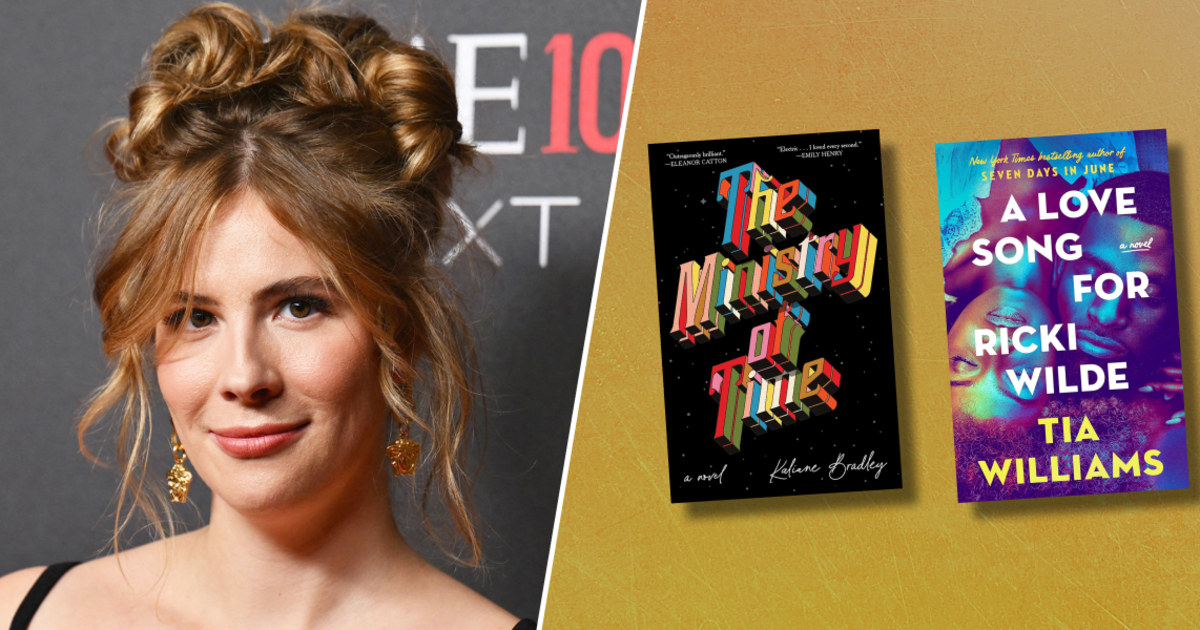
‘Bluey’ Introduces Kids to Grownup Problems
Bluey has often been described as “a show about parenting that kids can watch too” or some other similar maxim to that effect. The show”s tremendous adult following certainly confirms that statement, but that doesn”t mean it hides adult subject matter from its young viewers.

The show is notorious for being highly emotionally charged, and there are several episodes that even adults have trouble getting through. Yet, Bluey maintains a level of popularity even Disney has to kowtow too. Even with episodes like “Keepy Uppy” and “Stories” how is this show about a blue cartoon dog still able to strike a chord with so many viewers over and over again?
Related: Star-Studded Cast Leads New ‘Bluey’ Series
In our coverage of the episode, “Sleepytime,” it was discussed that a big part of Bluey”s identity comes from the weight and reality of the characters and their family dynamic. Bluey, Bingo, Chilli, and Bandit aren”t just two-dimensional cartoons, but relatable and identifiable figures with details and quirks viewers of all ages can recognize “for real life.”
That all being said, a recent critique from Vulture cuts even further to the meat of the matter as to why the show continues to tug on our collective heartstrings. Not only does Bluey tackle hard subjects at the forefront of multiple episodes, but it also encourages parents to talk to their kids about real obstacles they will face as they grow up.
Bluey Gets Real

Vulture”s Kathryn VanArendonk discusses the show”s poignant subject matter in her take, unpacking the hard-hitting motifs and morals behind the pups” world of make-believe. The piece ends with,
“The game part, the child part, is the most important key to Bluey’s impressive crying formula. The fact of its being a kid’s show is so disarming; it allows adults to remember the experience of childhood with its open sincerity and pure, unmediated bolts of joy. Everything in Bluey’s world is bright and drawn with clarity. Everything is simple. Until, suddenly, the adult perspective is overlaid on the story: knowledge that time passes very quickly, that people age, that some things are immutable no matter how much we want them to change. The two sides don’t undermine each other; there’s no easy answer to parental frustration or impatience or sense of loss, but there’s also no moment when the adult problems are given more weight or significance than the silly kid games. It’s all there together, adult experience and child desire, a harmonic resonance of feelings. How could you not cry?”
The “adult perspective” described by VanArendonk is a crucial element to the show”s identity, but it goes so much deeper than that. While parents are indeed learning lessons on the subject of loss and parental frustration, the kids in the room aren”t being excluded from similar subjects either.
Related: ‘Bluey’ Cuts Mum Out: “Something Messy Went Down”
There are episodes that deal with the subject of depression (“Stickbird”), death (“Copycat”), and even a metaphor for divorce (“The Decider”). Incorporating these subjects in a way young viewers can understand them isn”t just emotion bait for the grownups, but a way to start a dialogue with kids who might be dealing or know someone dealing with these touchy subjects.

In this writer”s opinion, a true mark of success for any kids” cartoon is when it doesn”t talk down to its audience. Bluey creator Joe Brumm and his team have truly gone above and beyond in ensuring that the show appeals to all ages, especially families watching together.
Related: What to Expect From the New ‘Bluey’ Episodes
Introducing these hard subjects through the interactions in Bluey”s colorful canine world might not stop kids from growing up, but it certainly makes the transition easier. “And I”ll tell ya that for free.”
How has Bluey helped you in your “grownup problems?” Let Inside the Magic know in the comments down below!








































































